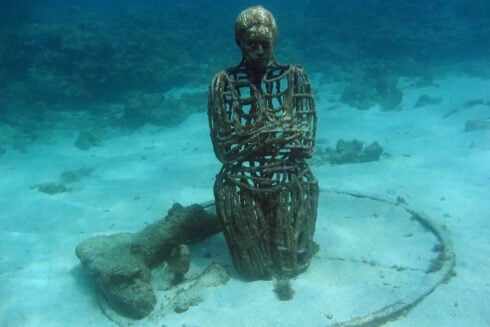A FIFTH of people in Spain say they intentionally purchased counterfeit products in the last twelve months- a percentage that is above the European Union average (13%) and is only surpassed by Bulgaria (24%).
43% of Spanish consumers say they are not sure if a product is genuine or not, and with regard to online piracy, 21% of people claim to having accessed, downloaded or transmitted content from illegal sources intentionally in the last year.
The figures come from the latest study of the European Union Intellectual Property Office (EUIPO) with results released from their Alicante headquarters.
The report also reveals that for a third of people (31%) say it is acceptable to buy counterfeits when the price of the original product is high, a figure that rises to half (50%) in the case of the youngest population members aged between 15 and 24 years old.
This behaviour comes despite the fact that 80% of EU citizens agree that counterfeits support criminal organisations, ruin businesses and destroy jobs.
In addition, two out of three citizens consider counterfeits to be a threat to health, safety and the environment.
Lowering the price of genuine products remains the most frequently cited reason (43%) that would convince customers to stop buying fakes.
Europeans also have doubts about the legality of the sources they use to view online content.
41% question whether the source through which they accessed was legal or not while in Spain, only 31% of users check whether a source of access, download or broadcast of music or videos is legal or not.
The study highlights that legality is gaining ground: 4 out of 10 Europeans have paid to access content from legal sources in the last year, a figure that in the case of Spain reaches 50%.
Overall, Europeans are opposed to the consumption of pirated content: 80% say they prefer to use legal sources to access online content if an affordable option is available.
However, a large majority of people surveyed (65%) consider it acceptable to pirate when content is not available in their current subscription package.
“Knowing citizens’ perceptions helps us to engage in a useful debate with both consumers and stakeholders as part of our awareness-raising and outreach activities,” said Christian Archambeau, Executive Director of the EUIPO.
He stressed that this latest edition of the study on the perception of intellectual property ‘provides new perspectives on how the infringement of intellectual property rights is perceived and highlights, once again, the need to support and protect consumers’.
It also ‘confirms the positive developments regarding the awareness and availability of digital content from legal sources’, he said.
READ MORE:
- Spanish police seize €300 million worth of fake goods in Europe record
- Fraudsters had stocks of fake-branded clothes with total €10 million price tag in Spain’s Murcia
- Fake goods costing Spain and EU billions each year
Click here to read more Spain News from The Olive Press.








